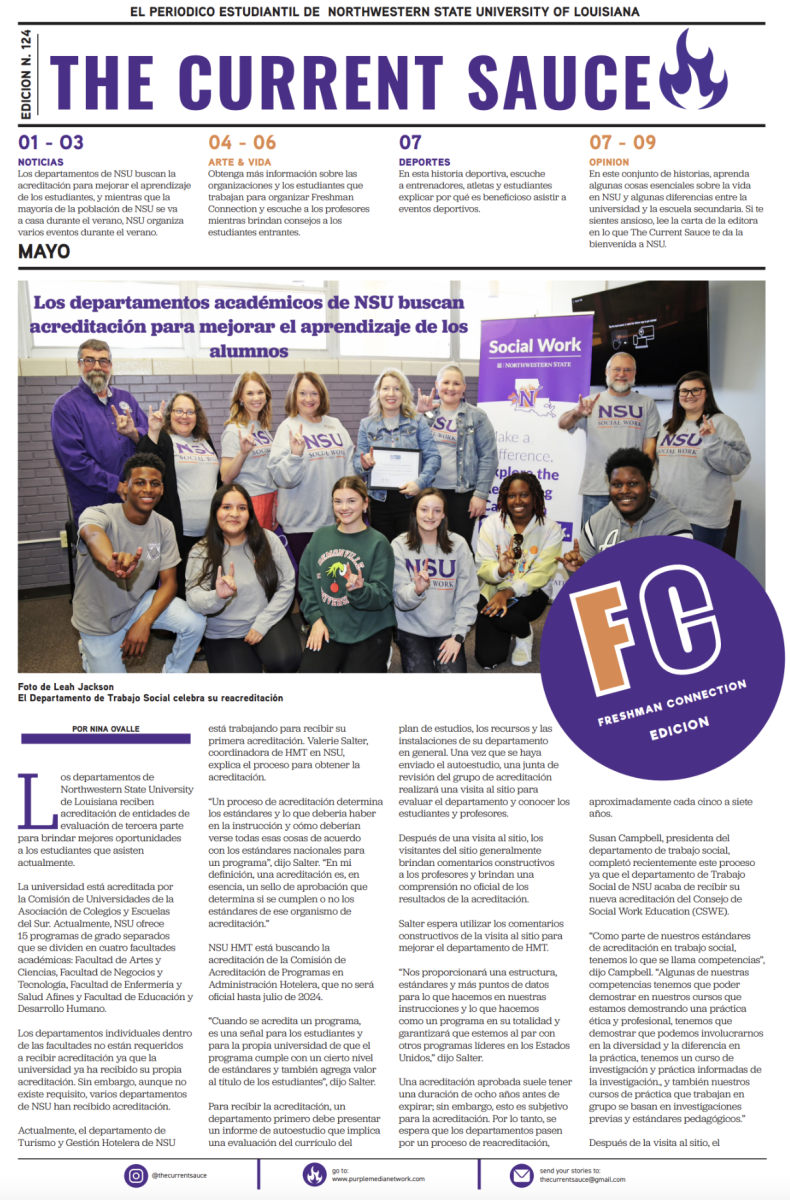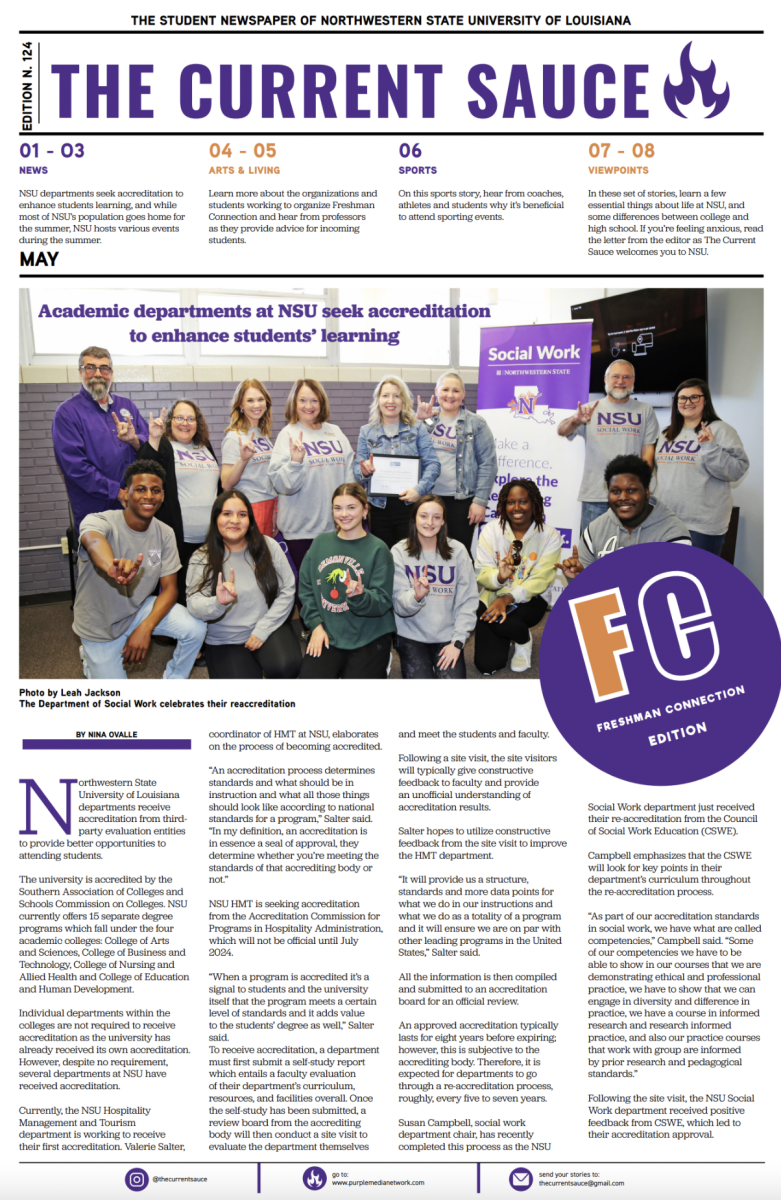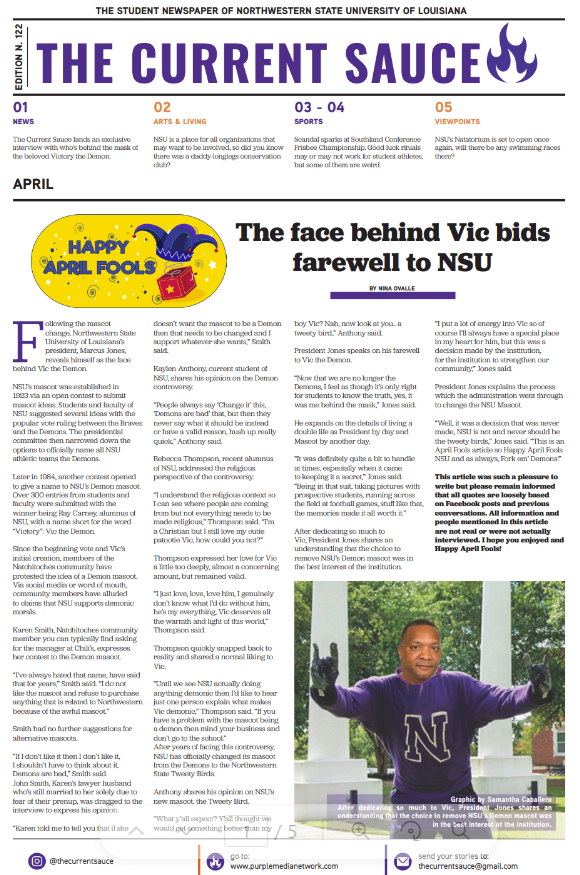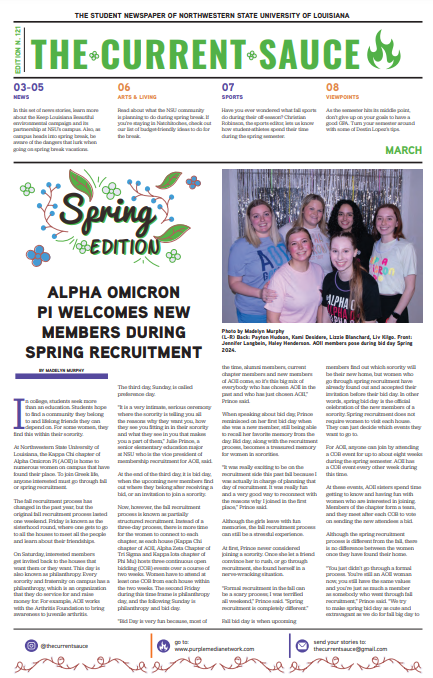Krista Hanson
Viewpoints Editor
Living green is all about clean living and learning how to be more sustainable to lessen the personal impact someone has on the environment. Greenwashing is the dirty business practice that has made the path to green living more difficult to reach.
Greenwashing is all about a company or organization spending more time and money on marketing themselves as environmentally friendly rather than putting their efforts toward actually being more green. This deceitful advertising is intended to mislead consumers from buying from actually green brands.
This seems like a crazy thing. Why would companies spend so much time and money on pretending to be green when it seems like it’d be easier just to put those resources towards real efforts to be green.
These practices date back to the ‘80s. For example, oil company Chevron commissioned a series of expensive television and print ads to share their new environmental dedication. This infamous “The People Do” campaign ran while the company was actively violating the Clean Air Act and Clean Water Act as well spilling oil into wildlife refuges.
Chevron is far from the only corporation that makes these outrageous claims that it turns out they’re acting against completely with their actions. In 1991, chemical company DuPont announced ads featuring marine animals while also being the largest corporate polluter in the U.S. that year.
You’d think after decades of efforts companies would realize it’d be easier to just make real efforts. Or at least it’d be easier for people to see past the greenwashing these companies do.
But it’s still happening.
Just this year, cosmetics brand Innisfree came out with a bottle labeled “Hello, I’m a Paper Bottle.” The bottle clearly looks like it’s made with recycled fibers of paper but when a consumer cut open their bottle, they found a plastic bottle simply covered in paper. This is greenwashing at its finest.
The company responded by acknowledging that they “overlooked” how consumers could be led to believe the entire packaging is made from paper. The company went on to explain how the new design uses 51.8 percent less plastic and explained how to properly recycle the bottle.
Ultimately, the company pushed the blame onto consumers for making “assumptions” that were made because of the company’s poor advertising. Plenty of people go through product designs and marketing before consumers ever see it. It is greenwashing. Simple as that.
Obviously there are companies that do not care to truly be sustainable or green. But there are plenty of people who do. So, how do we find those companies?
Companies will use fluffy language or suggestive images to create these beautiful green pictures of green production. They may also create these green products but the means of production are unethical or in factories that pollute rivers. Companies will even go as far to create claims that clearly have no evidence or fabricated data.
A little time and research can go a long way in exposing these companies for the frauds that they really are.
Not all companies are bad though. There are companies that are making real efforts to help the environment.
Misfits Market is fighting to reduce food waste. It’s no secret that it’s hard to find “ugly” produce in grocery stores. It’s not that these fruits and vegetables don’t exist. The stores just do not sell it. To prevent it from going to waste, Misfits Market has created a place where people can specifically buy these vegetables and other sustainable pantry staples that would otherwise end up as food waste.
The Clean Essentials is one of the many brands creating more environmentally friendly cleaning supplies. The company has reusable glass bottles and cleaning tablets. The tablets are dissolvable in water and everything comes in recyclable, cardboard packaging.
Small businesses are also options for finding real green products. Reusable beeswax wraps and shampoo bars are big selling items on Etsy or in smaller businesses.
In the journey to find more green and sustainable shopping options, the efforts are not lost when there’s too many companies that prefer greenwashing rather than putting in real effort.
However, the fight isn’t moot. There are people and companies putting in efforts to create helpful products that are healthy for the environment.































